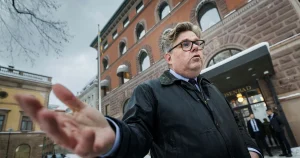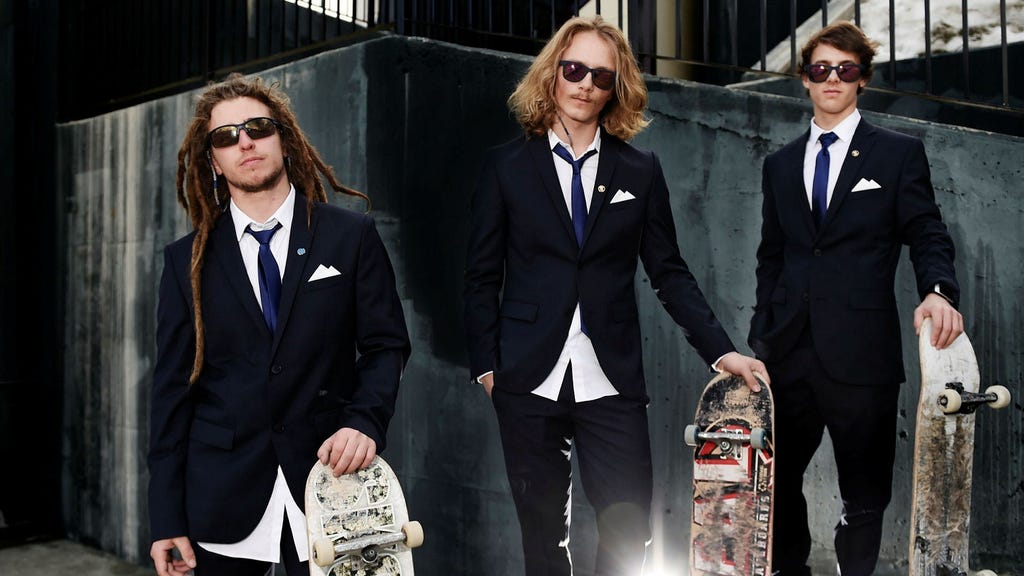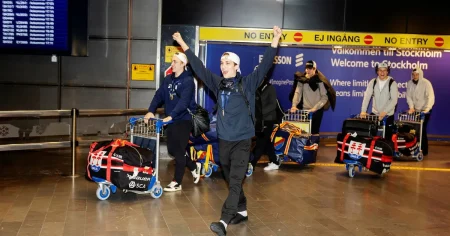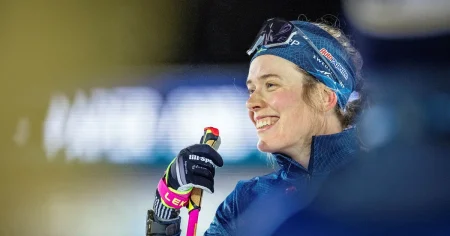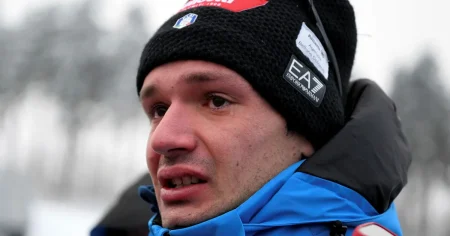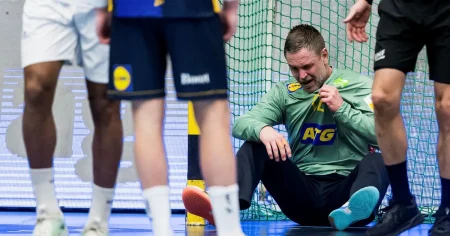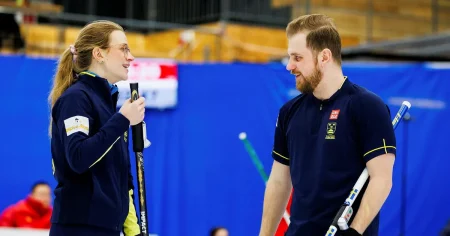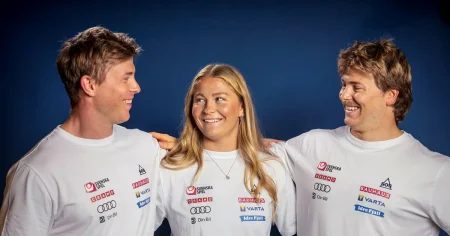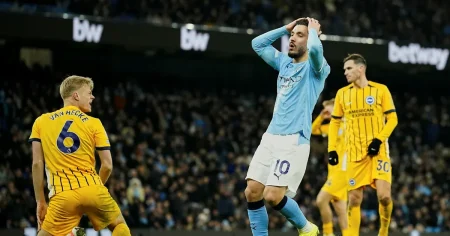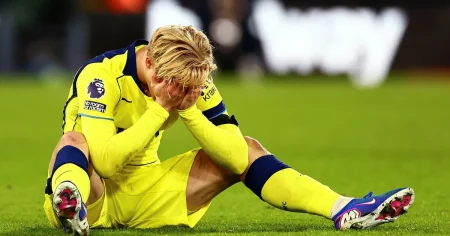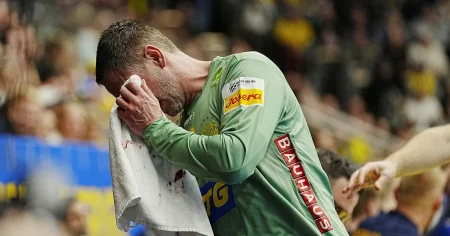The Swedish winter sports scene is buzzing with anticipation for the 2026 Milan-Cortina Winter Olympics, with two former Olympians, Niklas Mattsson and Oscar Wester, at the helm of the national snowboard and freeskiing teams, respectively. Both Mattsson and Wester were pioneers in their disciplines, competing at the highest levels before slopestyle and big air were even included in the Olympic program. Their experience, gained through years of competing at the World Cup and Olympic levels, brings a unique coaching perspective to their teams, setting the stage for a promising future for Swedish snowboarding and freeskiing.
Mattsson and Wester’s transition from athletes to coaches represents a generational shift in Swedish winter sports. Their intimate understanding of the intricacies of their respective disciplines, combined with their recent competitive experience, provides a distinct advantage. They can not only offer technical expertise but also provide invaluable insights into the mental and emotional aspects of competing at the highest level. This personalized approach, coupled with their ability to physically demonstrate tricks and techniques, sets them apart from many coaches in other nations.
Both coaches are leading teams with a mix of seasoned veterans and rising stars. Mattsson is reunited with his longtime teammate, Sven Thorgren, a leading figure in Swedish snowboarding. Wester leads a freeskiing team boasting a trio of established talents: Henrik Harlaut, Jesper Tjäder, and Oliwer Magnusson. This blend of experience and youthful ambition creates a dynamic training environment where veteran athletes can share their wisdom and inspire the next generation.
The transition to coaching hasn’t been without its challenges. Both Mattsson and Wester acknowledge the complexities of managing former teammates. The dynamics shift from friendly competition to a coach-athlete relationship, requiring heightened awareness and transparency, especially regarding team selection. While the rapport built during their competitive years offers a strong foundation, navigating the nuances of their new roles requires careful consideration and open communication.
Despite the challenges, both coaches are embracing their leadership positions with a blend of enthusiasm and determination. Mattsson, though initially hesitant about leadership, is embracing the role and drawing upon his natural “big brother” dynamic within the team. Wester emphasizes the importance of his recent competitive experience, enabling him to relate to his athletes on a deeper level, understanding the pressures and mental hurdles they face. He highlights the advantage of being able to demonstrate tricks and provide fresh perspectives on competition preparation and strategy.
Stefan Karlsson, the sports director for both snowboard and freeskiing, recognizes the value of appointing former athletes to these crucial roles. He sees the appointment of Mattsson and Wester as a long-term investment, emphasizing their unparalleled understanding of Olympic competition. While acknowledging the need for further leadership development, Karlsson believes their technical expertise and firsthand experience far outweigh the need for additional leadership training, which can be acquired over time. The athletes themselves echo Karlsson’s sentiments, expressing excitement about working with coaches who intimately understand their sport and can provide personalized guidance. Thorgren humorously notes Mattsson’s intense dedication, while Harlaut and Tjäder emphasize Wester’s ability to empathize with the pressures and mental challenges of competition. This shared understanding and mutual respect between coaches and athletes fosters a positive and productive training environment, building momentum as they work towards the 2026 Winter Olympics.




